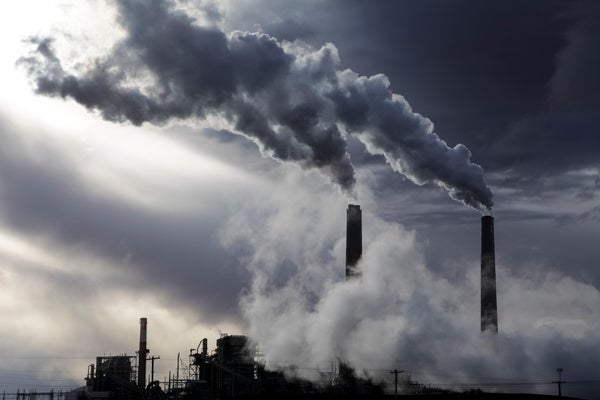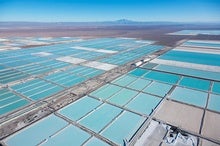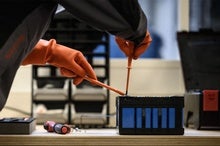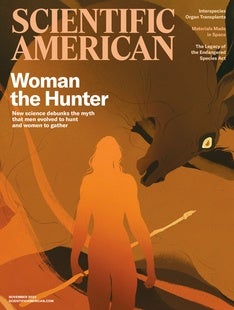 |
| January 03, 2024 |
| Welcome to 2024! We're sailing into the New Year with an exciting discovery out of the Massachusetts Institute of Technology. Researchers have successfully transformed carbon dioxide into a powdery substance called sodium formate that could safely be stored for decades or used as fuel. If given the space and resources to scale up the process, this could be a game-changing achievement. Read more about the technology in this week's top story! |
| |
 |
| |
| |
| |
| |
| Artificial Intelligence New Class of Antibiotics Discovered Using AI A deep-learning algorithm helped identify new compounds that are effective against antibiotic-resistant infections in mice, opening the door to AI-guided drug discovery | | | | |
| |
| |
| |
| |
| Artificial Intelligence AI Beats Humans on Unsolved Math Problem Large language model does better than human mathematicians trying to solve combinatorics problems inspired by the card game Set | | By Davide Castelvecchi,Nature magazine | | | |
| |
LATEST ISSUES
 |
| |
| Questions? Comments?  | |
| Download the Scientific American App |
| |
| |



















